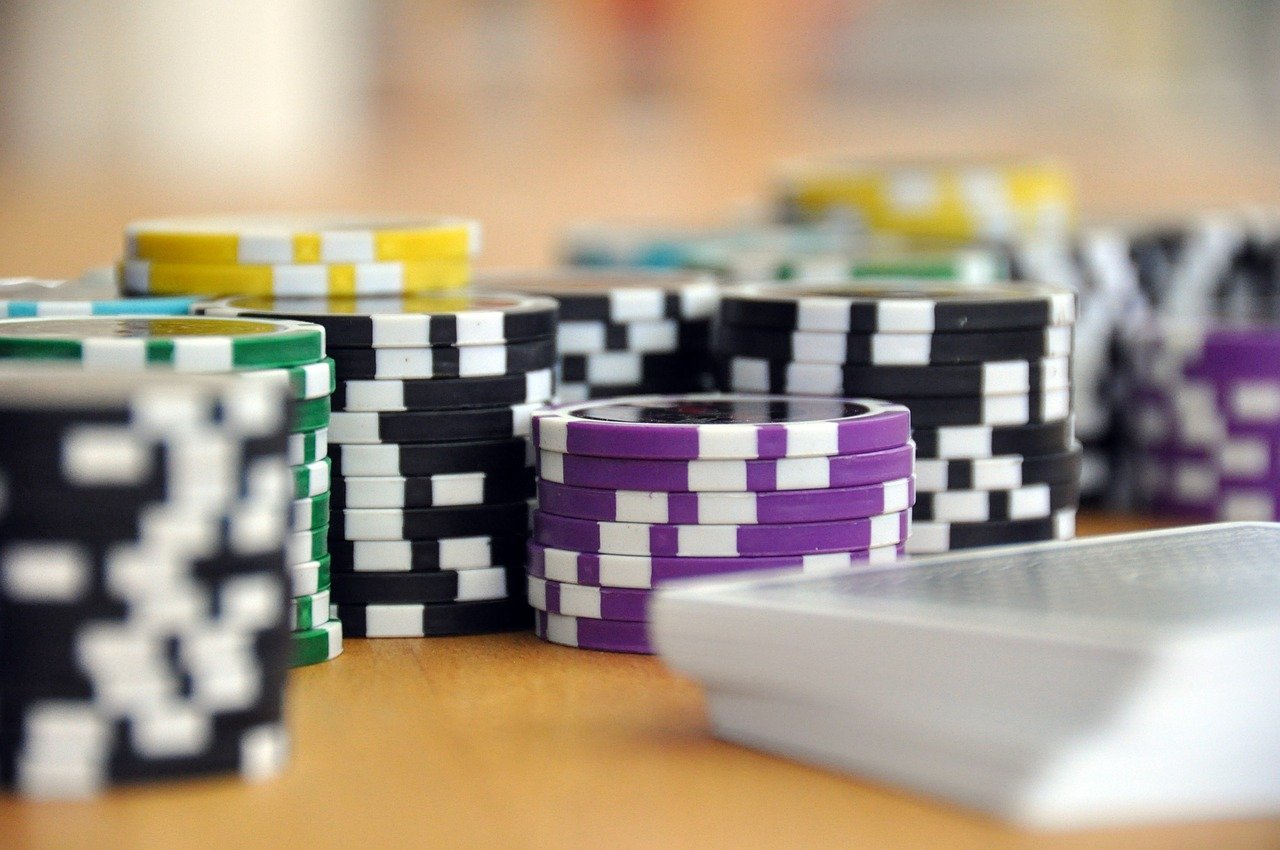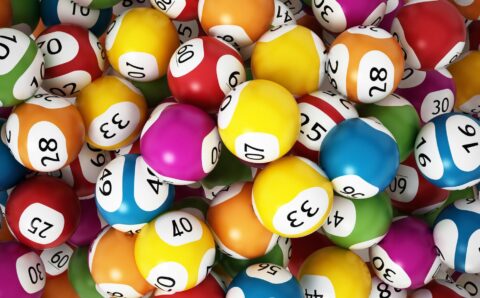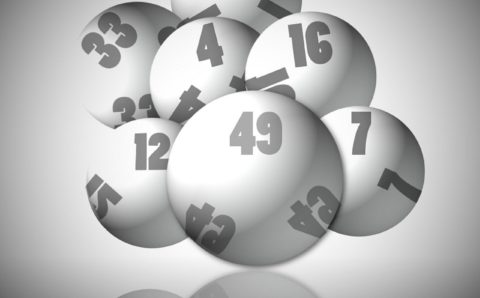6-ball: Type of Lottery draw. Six balls are drawn (often alongside a bonus ball), with the jackpot given to those who guess all six in the correct order. Smaller prizes may be given for getting a smaller amount of numbers, e.g. three in a row, correct.
7-ball: Another variation on the Lottery Draw. Seven balls are drawn (often with a bonus ball), with jackpots given to those who guess all seven numbers correctly. The seven ball lottery draws usually have bigger prizes. Smaller amounts may be given as prizes for those who get three in a row for example.
Bonus ball: An extra ball drawn with the main balls for an extra prize. The rules concerning this ball tend to differ from lottery to lottery. It is also sometimes known as a Power Ball.
British National Lottery: The Lottery has been run since November 1994 and is drawn twice a week, on Wednesdays and Saturdays. It is now officially known as Lotto.
Fixed Odds: Odds calculated for events which do not change. Many bookmakers offer fixed odds for different national lottery draws. There are a number of different types of fixed odds bets that you can make. Visit our Types of Lottery Bet page for more information.
Irish National Lottery: This lottery is claimed to be relatively easier to win a prize on than with other lotteries. This is due to the lower amount of balls involved in the draw (42 as opposed to an average of 49). The draw for the Irish Lottery, also known as Irish Lotto, is taken twice on a Saturday evening and twice on a Wednesday evening.
Jackpot: The main prize of the lottery draw. This can be claimed by guessing the six or seven balls (depending on the type of draw) in the correct order.
Lottery Draw: A set number of balls are put into a ‘barrel’ then spun around to mix them up. Depending on the draw, six or seven balls are then removed from the barrel, plus a bonus ball. In order to win the jackpot, the numbers on the balls must be guessed in the correct order. The number of times the draw is made per week can vary from lottery to lottery.
Lotto: Another name for a lottery. The British National Lottery is now known as Lotto and the Irish Lottery is known as Irish Lotto.
New York Lottery: The New York Lottery offers the biggest jackpots, yet has the largest number of lottery balls. This means that the punter will have to choose 6 or 7 numbers from a range of 59 balls, ten more than the Spanish Lottery and the 49’s Lotteries, making the odds of winning rather high. On the upside however, this means that the prizes will be bigger. There are two draws every week, on Saturday and Wednesday evenings.
Odds: Bookmakers calculate the chance of an event happening and give the amount they are willing to pay out (depending on the stake you put down). For example, if the odds for your football team winning their next match are 3/1, and you put down £1 on them winning, then you will get your stake back plus an amount three times the size of your initial bet (£3 in this case).
Online lottery gambling: Bookmakers offer odds on the result of lotteries from around the world. Bets are very often taken from the first draw of the given day. Odds are fixed so the prizes are the same every week. Prize funds are not as big as the actual lotteries themselves, but the bookies say that the upside is that you are unlikely to share prizes with anyone else.
Power Ball: An extra lottery ball, drawn along with the main balls for an extra prize. The rules concerning this ball tend to differ from lottery to lottery. It is also sometimes known as a bonus ball.
Spanish Lottery: A 49-ball lottery with 6 and 7 ball draws. The numbers are drawn twice on Saturday and Wednesday. The odds for getting all the numbers in a row are high, meaning a large payout, similar to the New York Lottery.
If you’re looking for some hints and tips on how to play Online Lotteries more effectively, visit our Online Lottery Gambling Strategy page.



